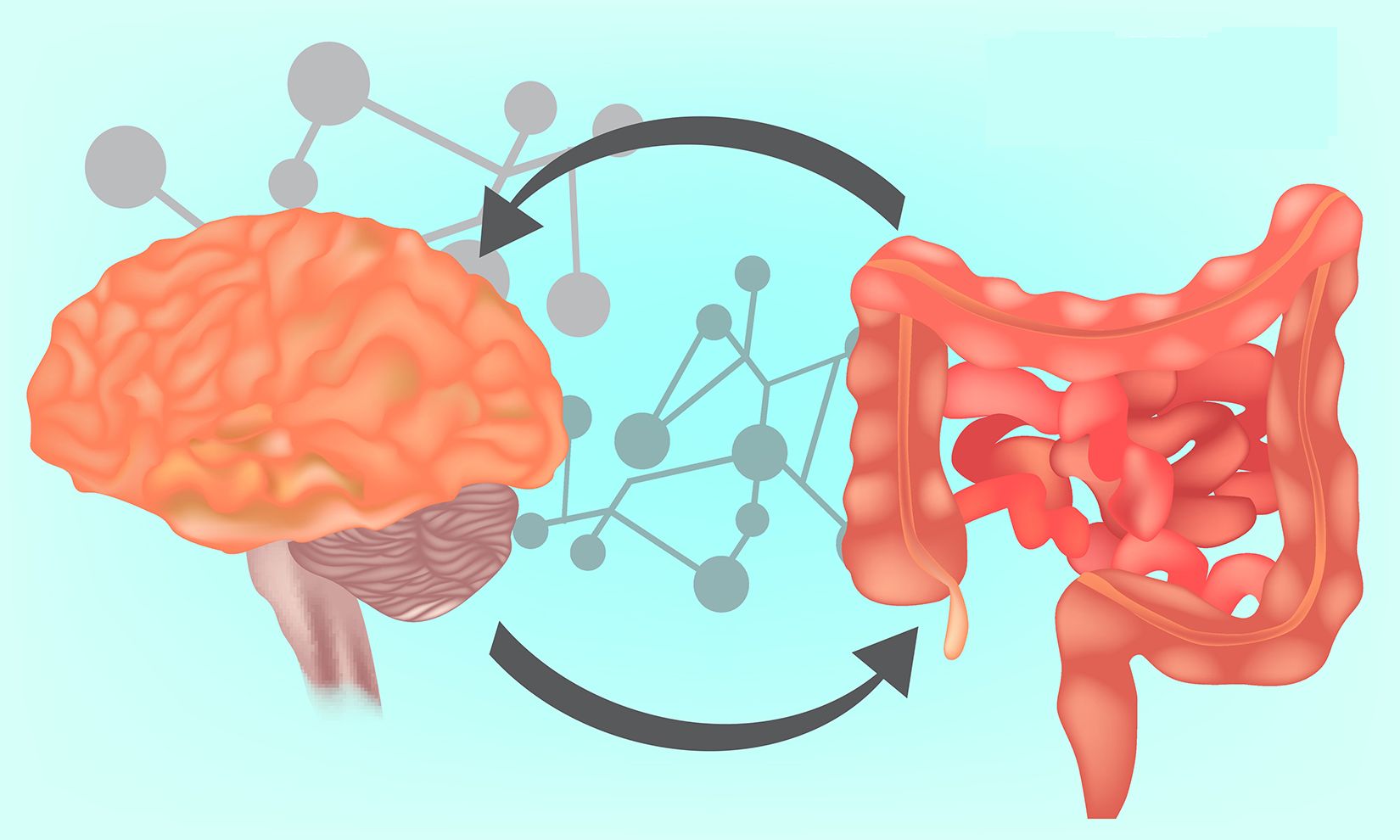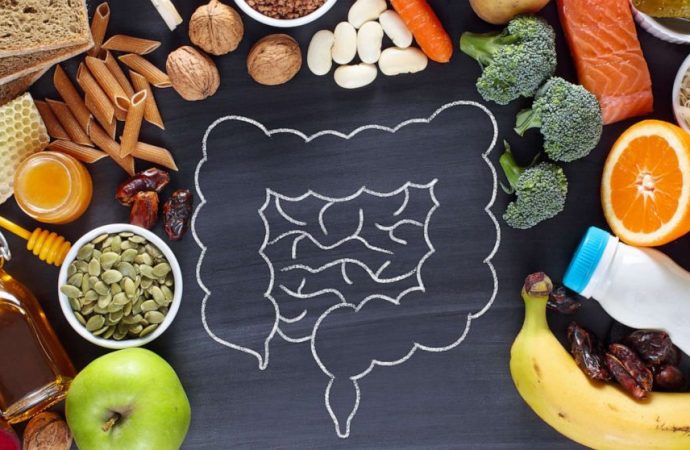In recent years, the scientific community has increasingly turned its attention to the gut-brain axis, a complex communication network that links the emotional and cognitive centers of the brain with peripheral intestinal functions. This burgeoning field of research is shedding light on how the gut, often referred to as the “second brain,” significantly impacts mental
In recent years, the scientific community has increasingly turned its attention to the gut-brain axis, a complex communication network that links the emotional and cognitive centers of the brain with peripheral intestinal functions. This burgeoning field of research is shedding light on how the gut, often referred to as the “second brain,” significantly impacts mental health. Understanding the gut-brain axis is crucial, not only for advancing scientific knowledge but also for developing innovative treatments for mental health disorders.
The Gut-Brain Axis: A Two-Way Street
The gut-brain axis is a bidirectional communication system that involves complex interactions between the central nervous system and the enteric nervous system, which governs the gastrointestinal tract. This axis includes neural, hormonal, and immunological pathways, allowing the gut and brain to communicate and influence each other’s functions.
The vagus nerve, the longest cranial nerve in the body, plays a pivotal role in this communication. It transmits signals from the gut to the brain and vice versa, facilitating a constant exchange of information. Additionally, the gut microbiota, a diverse community of microorganisms residing in the intestines, is a key player in the gut-brain axis. These microbes produce neurotransmitters and other metabolites that can influence brain function and behavior.
Microbiota and Mental Health
The gut microbiota has emerged as a significant factor in mental health, with research suggesting that an imbalance in gut bacteria, known as dysbiosis, may contribute to various psychiatric conditions. For instance, studies have found that individuals with depression often exhibit altered gut microbiota compositions compared to healthy individuals.
The gut bacteria produce a variety of neuroactive substances, such as serotonin, dopamine, and gamma-aminobutyric acid (GABA), which are crucial for regulating mood and emotions. Approximately 90% of the body’s serotonin, a neurotransmitter associated with feelings of well-being and happiness, is produced in the gut. This highlights the potential impact of gut health on mental states.

Picture by: Yandex.com
Stress and the Gut-Brain Connection
Stress is a well-known factor that can disrupt the gut-brain axis. Chronic stress can alter the gut microbiota composition, increase intestinal permeability (often referred to as “leaky gut”), and trigger inflammation. These changes can, in turn, affect brain function and contribute to the development or exacerbation of mental health disorders.
The hypothalamic-pituitary-adrenal (HPA) axis, the body’s central stress response system, is intricately connected to the gut-brain axis. During stress, the HPA axis releases cortisol, a hormone that can affect gut permeability and the balance of gut bacteria. This interplay between stress and gut health underscores the importance of managing stress for maintaining mental well-being.
Diet, Lifestyle, and the Gut-Brain Axis
Diet and lifestyle choices have a profound impact on the gut-brain axis and, consequently, mental health. A balanced diet rich in fiber, prebiotics, and probiotics can promote a healthy gut microbiota, which in turn supports optimal brain function. Foods such as yogurt, kefir, sauerkraut, and other fermented products are rich in probiotics and can enhance gut health.
In contrast, diets high in processed foods, sugars, and unhealthy fats can disrupt the gut microbiota and negatively affect mental health. Emerging research suggests that adopting a Mediterranean diet, which emphasizes whole grains, fruits, vegetables, and healthy fats, may reduce the risk of depression and anxiety.
Physical activity also plays a crucial role in maintaining a healthy gut-brain axis. Regular exercise has been shown to enhance the diversity of gut microbiota and reduce inflammation, promoting both physical and mental well-being. Additionally, practices such as mindfulness and meditation can help manage stress, further supporting the gut-brain connection.
Implications for Mental Health Treatment
Understanding the gut-brain axis opens up new possibilities for treating mental health disorders. Probiotics, often referred to as “psychobiotics” when used for mental health purposes, are being explored as potential therapeutic agents. These live microorganisms, when administered in adequate amounts, may confer mental health benefits by modulating the gut microbiota.
Preliminary studies have shown promising results, with certain probiotic strains demonstrating the ability to reduce symptoms of anxiety and depression. However, more research is needed to identify the most effective strains and dosages for specific mental health conditions.
In addition to probiotics, dietary interventions and lifestyle modifications are gaining recognition as complementary approaches to traditional psychiatric treatments. Personalized nutrition plans, tailored to an individual’s gut microbiota composition, could become a part of mental health care in the future.
Conclusion
The gut-brain axis represents a paradigm shift in understanding the intricate relationship between gut health and mental health. As research continues to unravel the complexities of this connection, it holds the potential to transform the way we approach mental health disorders. By recognizing the importance of the gut-brain axis, individuals can take proactive steps to support their mental well-being through diet, lifestyle, and emerging therapeutic interventions. As we move forward, the integration of gut health into mental health care promises to enhance the quality of life for countless individuals worldwide.
















